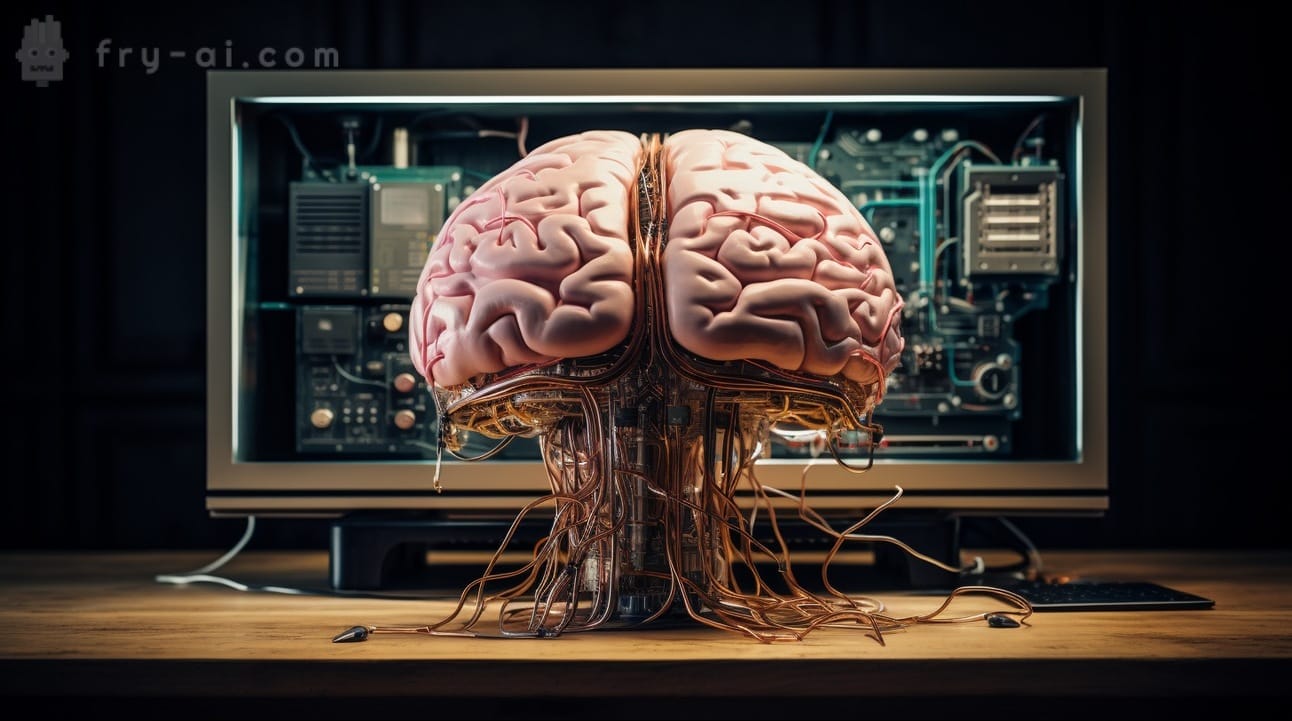
Happy FRY-day! We are here to send you into the weekend with the latest and greatest updates in the world of AI. 🦾
The AI team you didn’t know your company needed — until now
Hire world-class AI experts from Harvard, Stanford and MIT
Not sure how to implement the right AI strategy for your product? Hire AE Studio's world class team of software builders to craft and implement the optimal AI solution for your business.
Our development, data science and design studio work closely with founders and executives to create custom software, machine learning and BCI solutions.
From custom-built MVPs to bespoke AI/ML solutions, see how you can leverage AI to achieve your business objectives.
🤯 MYSTERY AI LINK 🤯
(This is our new feature. The mystery link can lead to ANYTHING AI related. Tools, memes, and more…)
Today’s Menu
Appetizer: Space Force halts use of AI tools 🚀
Entrée: Fix unwanted facial expressions in pictures 😵💫
Dessert: AI reveals the secrets of brain aging 🧠
🔨 AI TOOLS OF THE DAY
😬 Hell’s Pitching: An AI-powered chatbot that provides brutally honest feedback on your startup ideas. It roasts your pitch to point out potential flaws and issues, with a slight touch of humor! → check it out
🗣️ Call Sign Generator: A powerful tool that enables you to create unique call signs tailored to your specific needs. → check it out
📖 MakeMyTale: Create your own AI-powered story. → check it out
SPACE FORCE HALTS USE OF AI TOOLS 🚀

I wonder what French fries taste like in space … 🤔
What happened? The U.S. Space Force has temporarily halted the use of web-based generative AI tools, including ChatGPT, due to concerns over “data aggregation risks."
What are they doing about it? To address these concerns, a generative AI task force has been established, involving collaboration with other Pentagon offices to explore responsible and strategic integration of this technology. More detailed guidance on the use of generative AI within the Space Force is expected to be released in the coming month.
What does this mean? U.S. government agencies are unwilling to trust their data with AI, but they are willing to let the public share their data with no regulation. Interesting, isn’t it?
FIX UNWANTED FACIAL EXPRESSIONS IN PICTURES 😵💫

Ever try to get everyone to smile for a group photo? It is no longer painful. 😅
What’s new? Google's Pixel 8 features a groundbreaking AI function called “Best Take”, allowing users to seamlessly replace and edit faces in their photographs.
How does it work? This feature is designed to fix common photography issues like frowns, closed eyes, or people looking the wrong way. Best Take uses AI to identify faces from a series of shots taken in a short time frame and suggests alternative expressions or faces to replace them, giving users the ability to create the perfect shot. This can be extremely helpful for capturing photos of large groups or fixing important photos that display people with awkward or unwanted faces. The next step is to be able to prompt the phone vocally by saying, “Hey Google, make all the people in this photo look more in love/surprised/happy.”
Is this ethical? While Best Take is a handy tool for family photographers, it also raises intriguing questions about the ethical implications of AI-driven photo editing. This technology causes some to be concerned about how much we want to manipulate reality in our cherished memories. By allowing AI to standardize notions of happiness, it adds to the pressure to present curated and idealized versions of life, mirroring the unrealistic images. Upon reflection, however, isn’t this what people have been doing for years on social media?
AI REVEALS THE SECRETS OF BRAIN AGING 🧠

If you had six months to live, would you want to know? 😳
What’s up? Researchers at Mount Sinai Hospital have harnessed the power of AI to create a groundbreaking algorithm called "HistoAge." This algorithm not only accurately predicts a person's age at death, but it also unravels the mysteries of brain aging and its connection to neurodegenerative disorders like Alzheimer's disease.
How does it work? HistoAge analyzes nearly 700 digitized hippocampal brain sections from elderly donors and can predict a person's age with remarkable precision. More than just an age predictor, HistoAge identifies brain regions susceptible to age-related changes, making it a valuable tool for understanding cognitive decline and neurodegenerative diseases. What sets HistoAge apart is its strong correlation with conditions such as cognitive impairment and Alzheimer's-related abnormalities, surpassing traditional age acceleration measurement methods like DNA methylation. By using HistoAge, researchers can gain a deeper understanding of cellular changes in the brain, paving the way for potential breakthroughs in the treatment and prevention of age-related brain disorders.
“With this approach, we can discover genes that protect against brain aging or genes that make aging worse in the brain, as well as discover the environmental risk factors that make individuals’ brains age faster.”
FRY-AI FANATIC OF THE WEEK 🍟

Congrats to our subscriber, johebtu! 🎉
johebtu gave us a fresh and crispy and commented, “I’m learning so much from you keep it coming!”
(Leave a comment for us in any newsletter and you could be featured next week!)
HAS AI REACHED SINGULARITY? CHECK OUT THE FRY METER BELOW

The Singularity Meter Dips below 30%: Charlie Munger, the renowned investor, says AI is overhyped.

